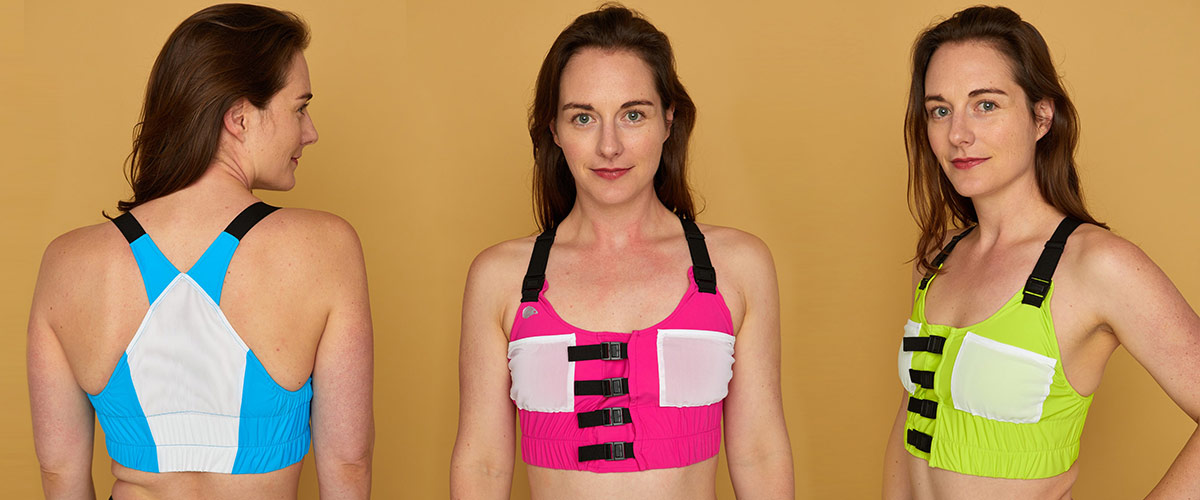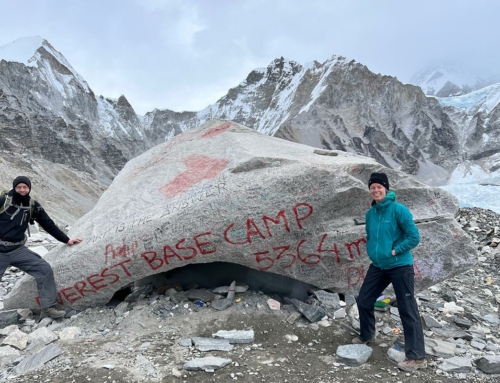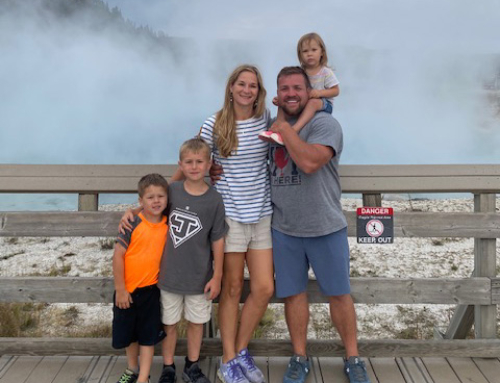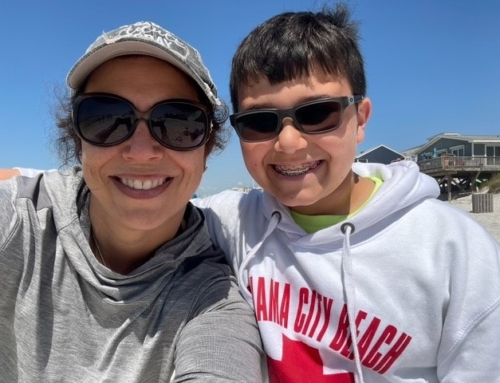Even as a student of medicine, Dr. Lea Blackwell recognized the importance of a multidisciplinary team approach in providing the best care for her future breast cancer patients. One of her instructors told her that she would ultimately be the ‘quarterback’ of the team, in most cases. As a breast surgeona, Dr. Blackwell is typically one of the first members of the care team that the patient will meet. She is responsible to educate the patient and help navigate them through the process. Dr. Blackwell also works closely with her teammates – medical oncologist, radiation oncologist, radiologist, pathologist, and nurse navigator – to discuss each individual patient and provide personalized, comprehensive patient care. ‘We approach these discussions from the perspective of our own specialties and leverage the latest technologies to assist in decision making.’
“Certainly, DCISionRT is an important genomic test that we use to determine if the patient will benefit from radiation therapy. A lot of patients are very concerned about the impact of radiation, including potential side effects such as pain, swelling, scarring, or longer-term potential effects on the lung or heart. This gives the team and the patient peace of mind in the treatment decision.”
DCISionRT also has a role to play as a ‘second opinion’. Many care teams rely on clinicopathology such as age, tumor size and grade to assess recurrence risk and guide treatment. For our team, the DCISionRT test is one more piece of objective information that we can use to guide treatment decisions.
Dr. Blackwell’s passion to provide the best care to her patients extends beyond the operating room. During her fellowship, she routinely heard complaints about the bras that patients were given for support post-surgery. With an entrepreneurial thread in her family, she thought “maybe I can develop something better for these women to help with their recovery.” Over the following years, she developed prototypes made of soft, stretchy Italian fabrics in bright colors, with pockets to hold post-op drains or ice packs and gave them to her patients for their feedback. The patient response has been overwhelmingly positive. And her entrepreneurial pursuits were recognized by her cardiology colleagues who identified a need for the Blackwell Bra for compression following cardiac thoracic surgery. The Covid-19 pandemic slowed her progress a bit, but I think we’ll be seeing the Blackwell Bra in the near future.






